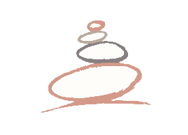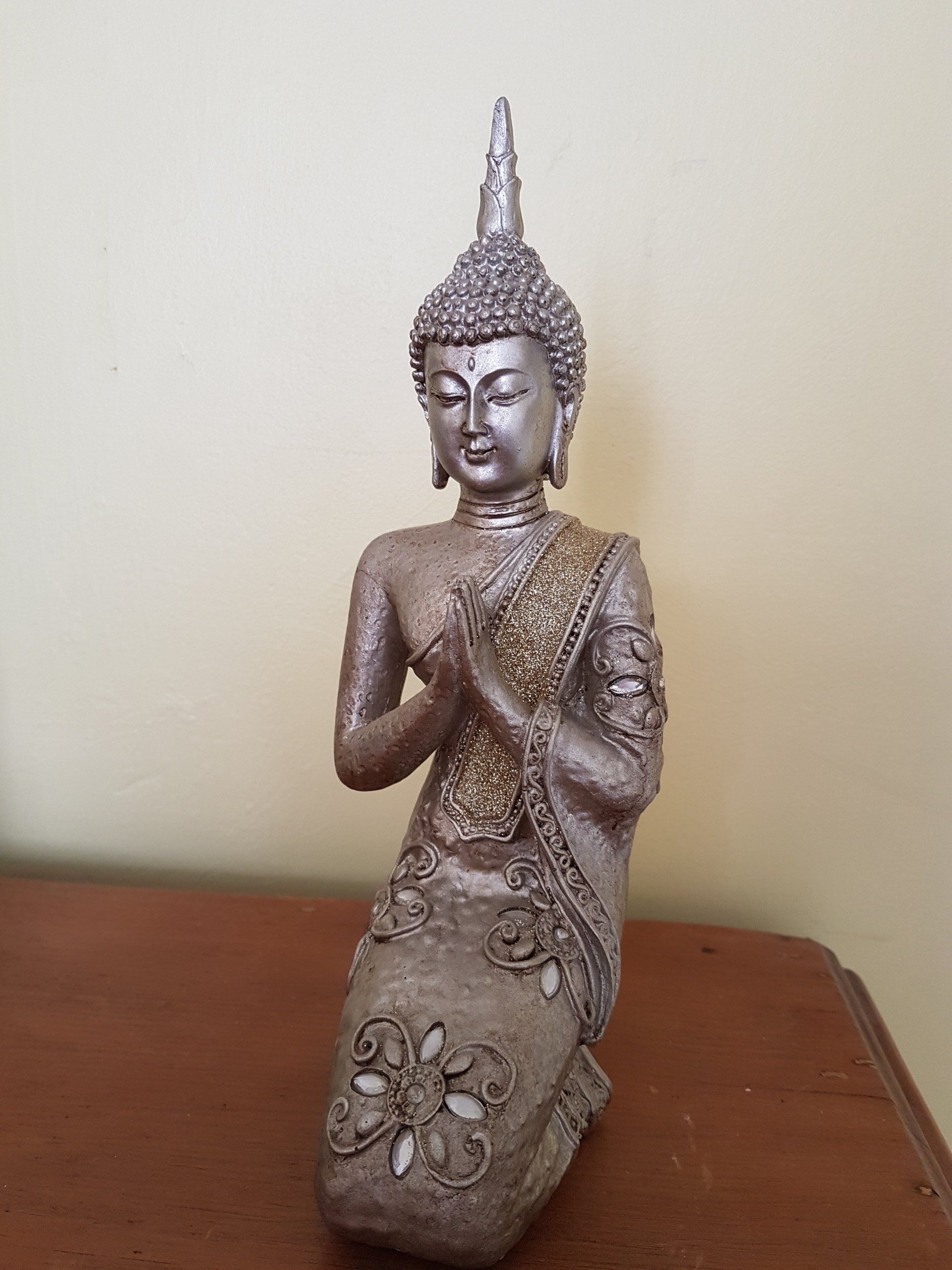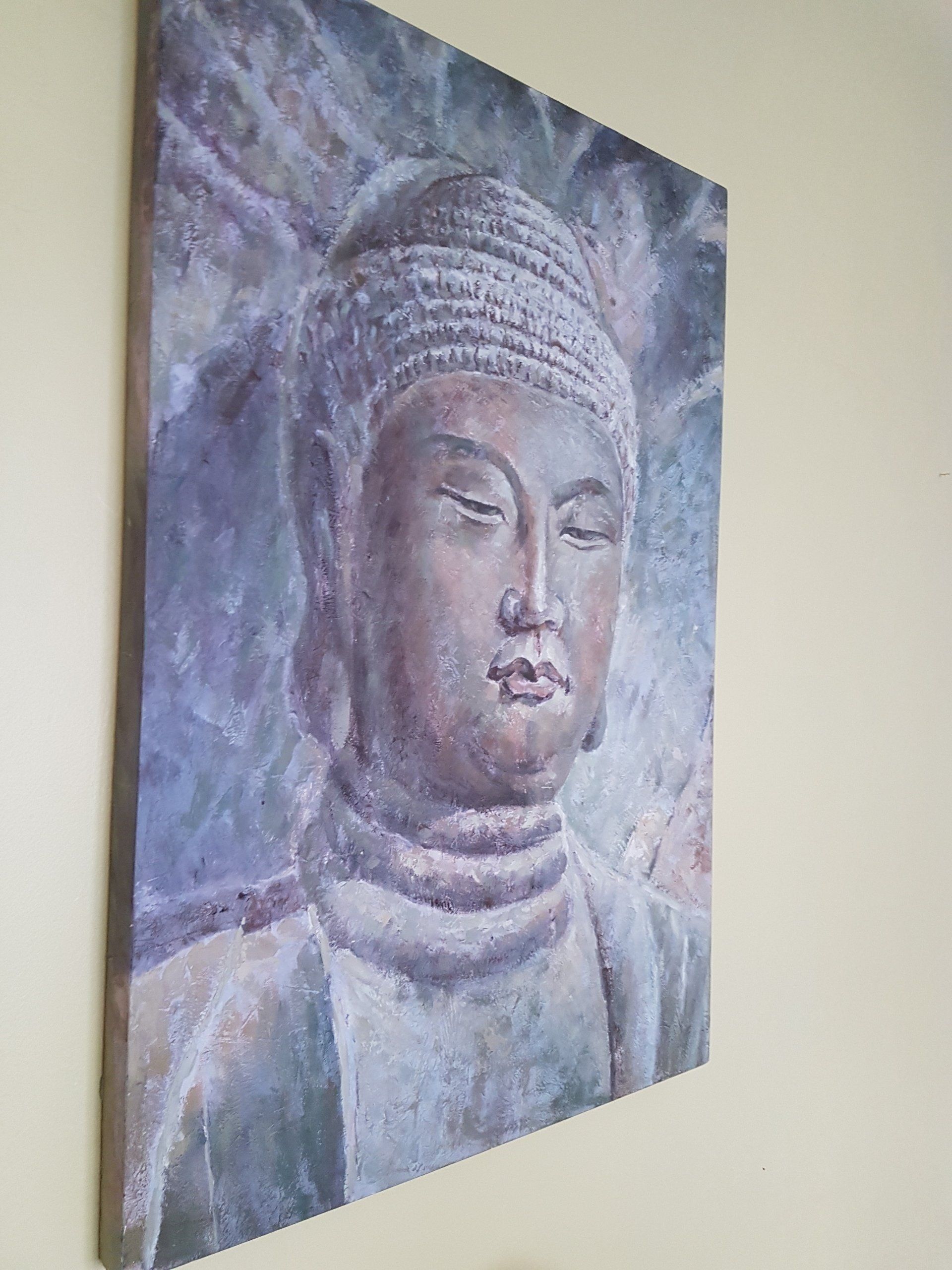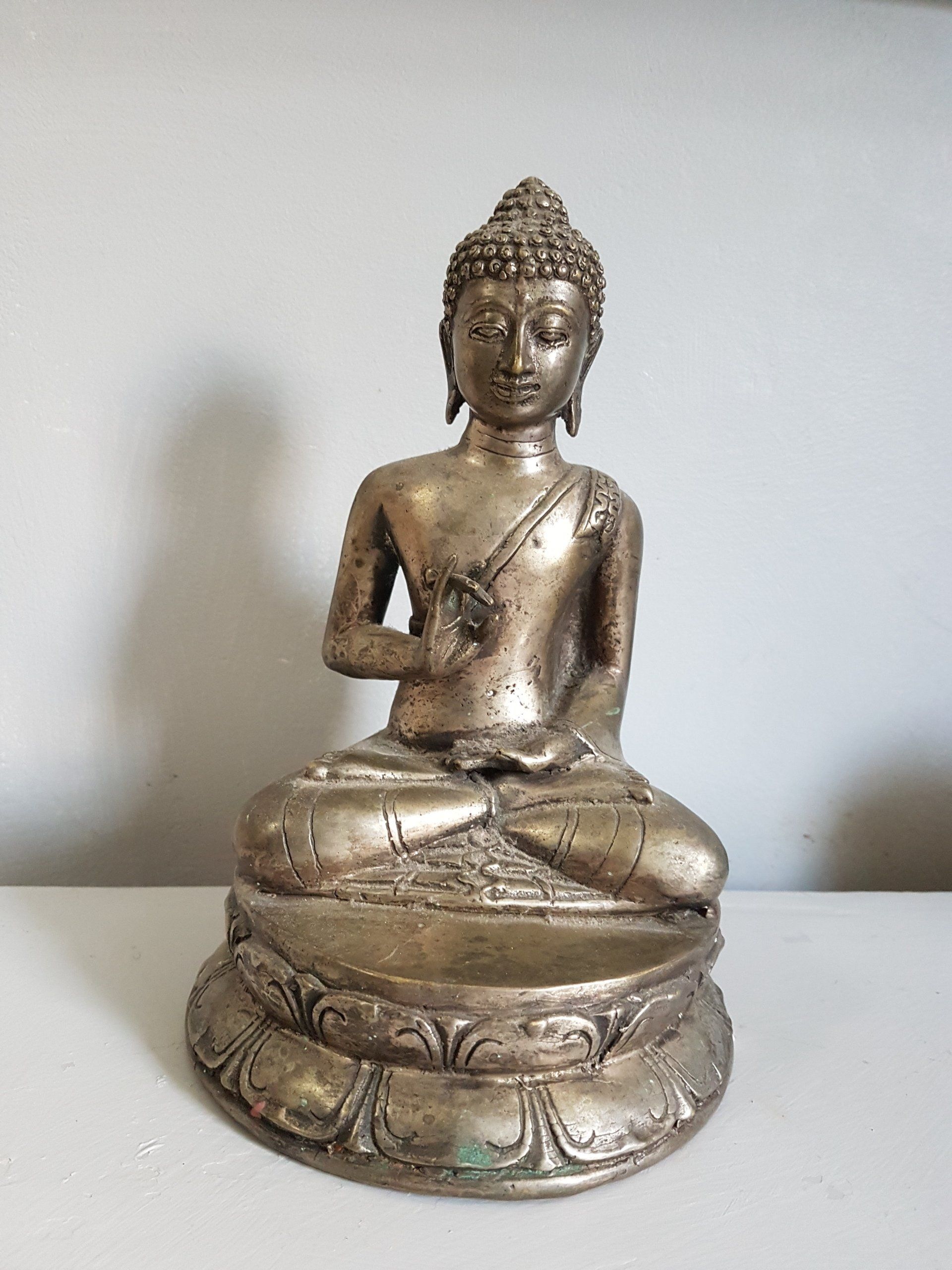Привикване срещу зависимостта
За повече информация телефон ( 44) 08454670612 или ( 44) 07593809574 или изпратете ни имейл
Навик - Повтарящи се действия или поведение, които може да са в безсъзнание. Добавяне - Продължително участие с дейност, химикал или вещество, въпреки продължаващите отрицателни последици. Комплусия - Когато се изпитва значителен дискомфорт, ако поведението не се изпълнява. Има фина граница между навика и пристрастяването , защото навикът бързо може да се превърне в пристрастяване и е трудно да се разбере кога това се случва. Разликата между двете е, че човек може да спре навика, но те губят контрол над действията си със зависимост. Пристрастяването е принуда да направите нещо или да използвате вещество, независимо от негативните ефекти.
Is it a Habit?
Is it a Habit?
Навикът се определя като многократно действие или поведение, което може да е в безсъзнание. Това е нещо, което човек прави отново и отново и може да се вгради в мозъка, така че човекът да започне да го прави автоматично. Въпреки че навикът може да бъде автоматичен, той е нещо, над което индивидът има контрол и може да спре, ако иска. Понякога навиците са безобидни, като текстови съобщения или потупване по крак. Други навици могат да имат отрицателни последици, като ухапване на нокти или прекомерна употреба в Интернет. Но ако човекът може да се предпази от извършване на действието, това не се счита за пристрастяване.
Пристрастяване ли е?
An addiction, on the other hand, is a mental disease that is categorised by continued involvement with an activity, chemical or substance despite ongoing negative consequences. When someone suffers from an addiction, they cannot control their compulsion, no matter how hard they try or how determined they are to stop. An addiction is an extreme kind of habit. Even though the person may know the devastating effects of their addiction, they do not have the means to stop. Either the person’s mind is so attracted to the substance or the activity, or the person may experience uncomfortable withdrawal symptoms if they stop. It is usually necessary for a person with a true addiction to seek professional help in order to gain control of their life again and stop the negative behaviour.
A Process Addiction
What might start out as a habit that someone does without knowing it can become an addiction that they cannot control. This is especially true about process addictions. Addictions such as gambling, compulsive overeating, excessive exercise, and Internet overuse are called process additions. These activities often begin as a habit, but progress into an addiction. Instead of chemical dependency that people addicted to drugs and alcohol experience, individuals suffering from process addictions are addicted to doing something. The action is more than a habit, because the person cannot stop doing it.
Process addictions often meet a need for the individual, such as managing stress, relieving emotional pain, or helping the person cope with negative thoughts. However, both process addictions and chemical addictions cause serious effects, such as health issues, mental health problems, strained relationships, loss of productivity, and financial issues. Even though addiction has such negative consequences, the person is powerless to end the addiction on their own.














